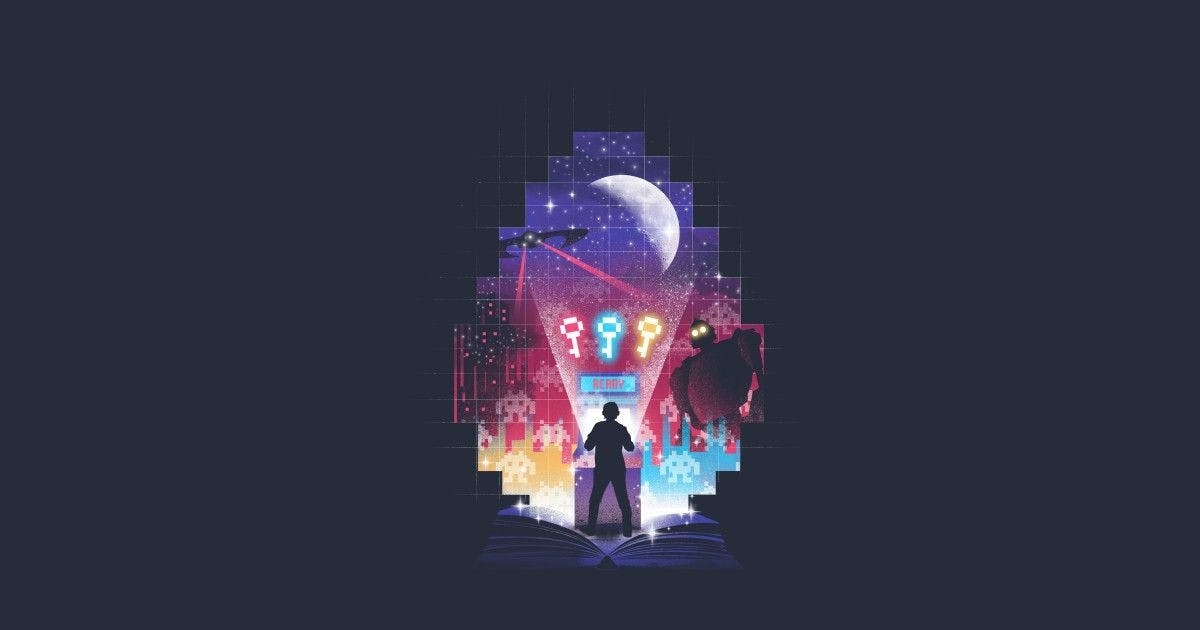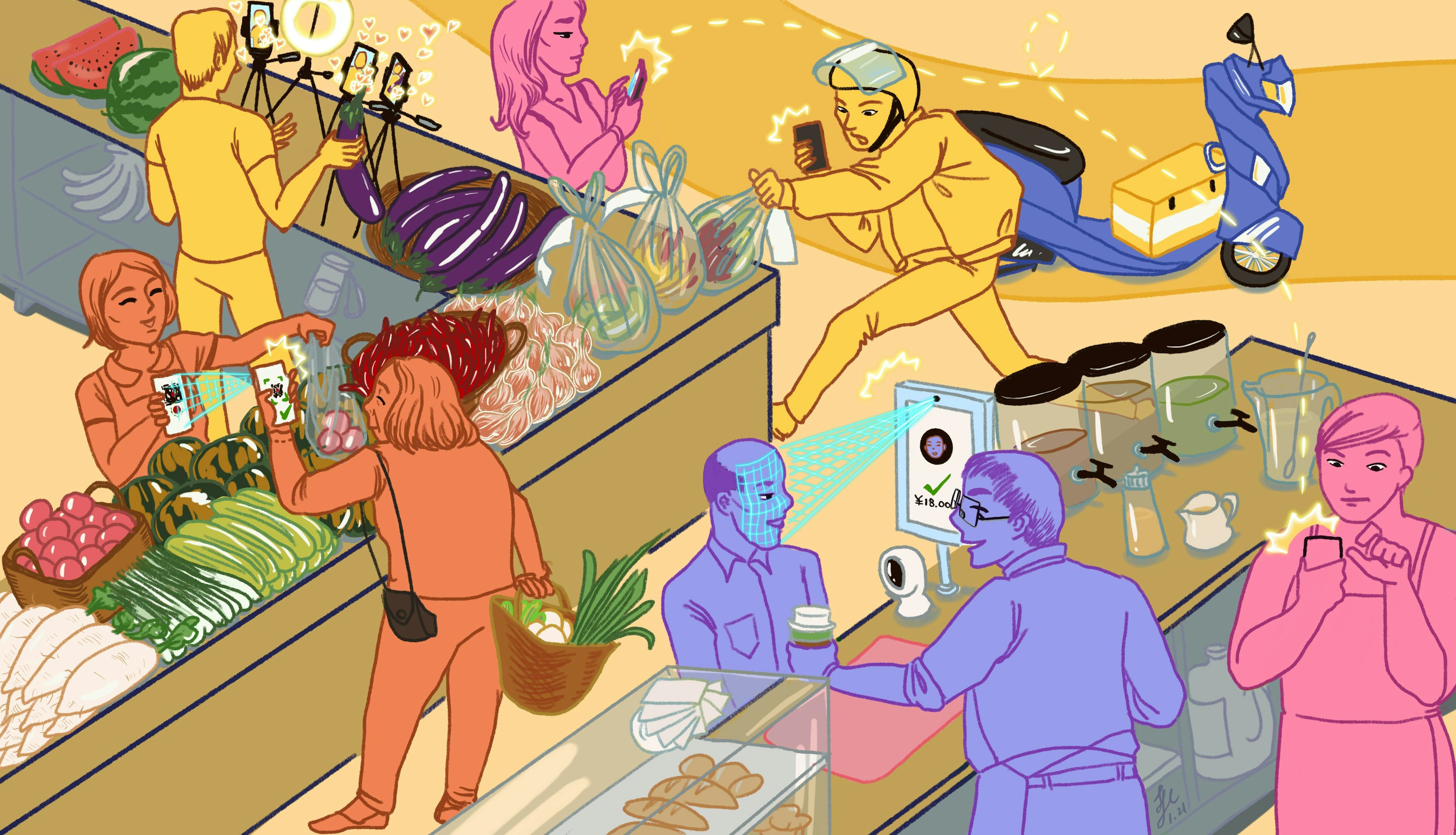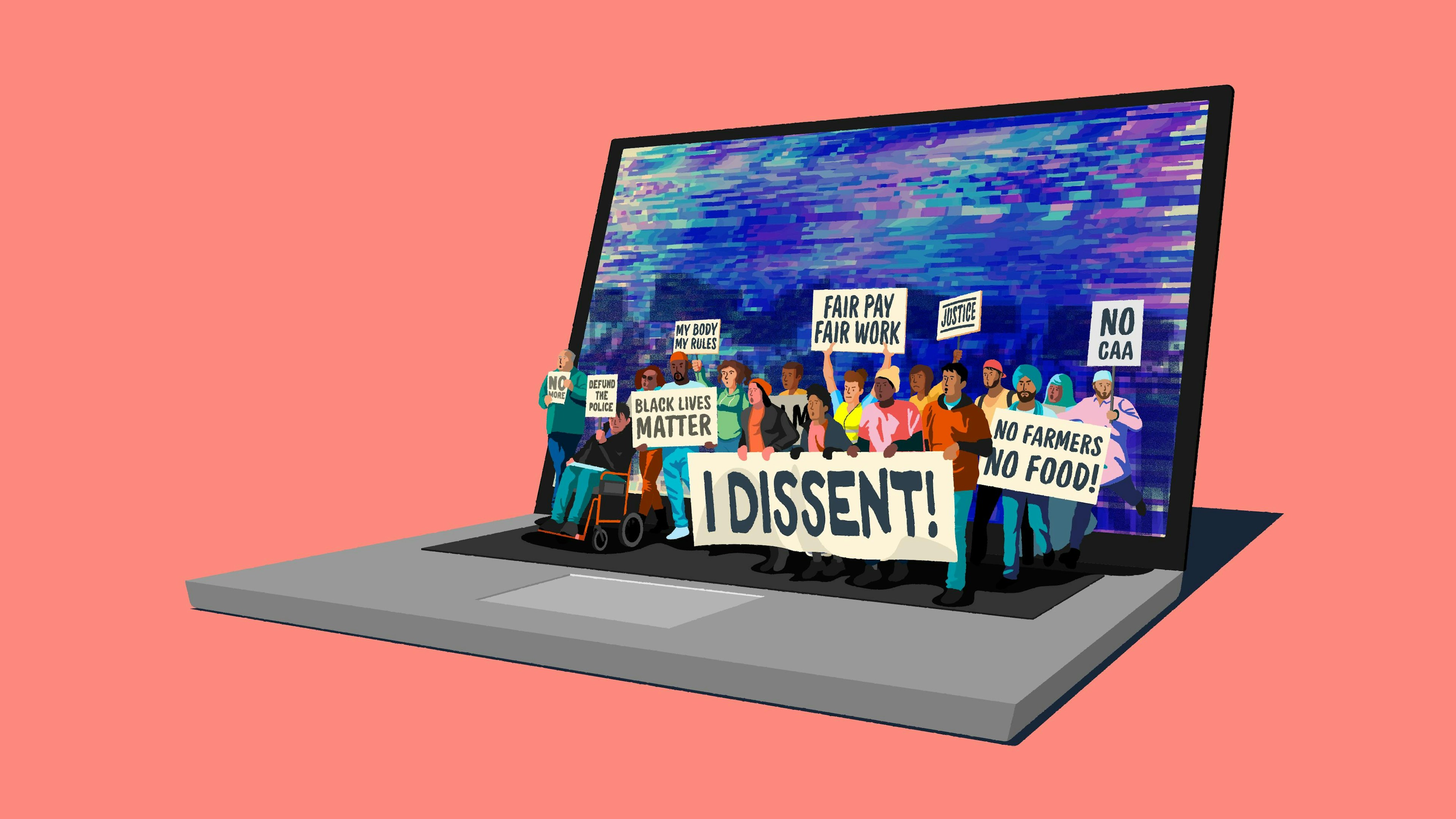Welcome to the Virtual Economy: A frontier for goods, marketplaces & careers

CATEGORIES
MarketsThe COVID-19 pandemic has underscored just how fragile our real-world economy is when the systems and behaviours that underpin our daily lives are disrupted. However, it has also demonstrated the power of the virtual economy. Millions of people across the world have responded to the pandemic by transitioning their usual social, leisure and economic activities into the online world. From graduation ceremonies held in Minecraft, or virtual Zoom nightclubs, to holding an entire wedding on Animal Crossing, virtual worlds have emerged as a real alternative for people around the world to connect, socialise, create and earn an income during the lockdown. Fast-growing, dynamic, and at times opaque, these virtual economies are largely resistant to the effects of the pandemic and have the potential to completely subvert our notions on what a fully-functioning economy looks like and the future of work.
WHAT DO WE MEAN BY “THE VIRTUAL ECONOMY”?
In essence, the virtual economy is the system of online jobs, assets, marketplaces, and traders that have emerged across a range of online platforms. Virtual platforms range from the instantly recognisable gaming platforms such as Minecraft and Fallout, to less well known non-gaming platforms such as Decentraland and Second Life. These virtual platforms are worlds in and of themselves, where people can earn and spend real-life money by exchanging virtual labour for virtual assets on online marketplaces.
The virtual economy is already very significant. It is conservatively estimated to have a value of well over $100bn a year, making it larger in terms of overall value than the global film industry. More than 2.5 billion people currently participate in the platforms that make it up. However, the potential for further growth is huge. In the same way that globalisation fundamentally transformed the way people interact and conduct business in the 20th century, the virtual economy is poised to have a similarly radical impact on how we earn, socialise, invest and trade. It represents one of the greatest economic opportunities and societal shifts of our lifetimes.
CHANGING WHAT ‘NORMAL’ LOOKS LIKE
The virtual economy is not only distinctive, it has the potential to transform global and generational wealth inequality. As income inequality has become an endemic feature of our current political economy, the virtual economy makes it possible for almost anyone, regardless of age, gender, ethnicity, religion, location, or social status to succeed.
There are few barriers to entry in the virtual economy. As long as one has the intellect, decisiveness and the technical capability, virtual economies represent viable - and lucrative - ‘side hustles’ for supplemental income. Even in a country with a collapsing economy and rife unemployment such as Venezuela, a significant number of people have been able to earn $40 month in a country where the average wage is $7.40 per month through ‘farming’ the in-game currency for the online fantasy game RuneScape and selling it other players.
These new virtual realities, and the economies linked to them, present real opportunities and challenges to traditional industry. And as Coronavirus leads people to commit more of their professional and personal lives to digital platforms and mixed reality, we expect to see rapid growth within the virtual economy. Society, culture and economics will be transformed as virtual tycoons, decentralised government and digital nations emerge online along with new categories of jobs, industries and assets that will be created to service the needs inherent to these spaces.
ADAPTATION AND OPPORTUNITY
The virtual economy represents both an opportunity and a challenge for traditional businesses. Ultimately, organizations will need to either adapt to cater to the demands and opportunities of this digital metaverse, or new businesses will emerge to do so instead.
At L’Atelier, we want to help businesses, individuals and policymakers to anticipate and understand the market opportunities that will arise from technology-driven societal changes. That is why we have published a first-of-its-kind report this week exploring the virtual economy world and the people, platforms, and jobs that abound within it.
Our report outlines the contours and dynamics that govern the virtual economy and examines the big questions that will shape its future. What are the barriers to market maturity? What are the new job roles that exist within the virtual economy? And how can financial institutions provide traditional lending products to people in these new careers? How should businesses market to hard-to-reach users in new domains? And what new products and services can be created to serve their needs?
We’re driven by finding the answers to these questions and to anticipate the opportunities that will emerge within these worlds in the next decade. If you want to learn more about these platforms, how they work, and the creative and ingenious players, traders, and gamers already earning a living in the virtual economy, then please do check out our full report.
19 May 2020
-
John Egan
Image by dandingerozz
DATA-DRIVEN TECH & SOCIAL TRENDS. DISCOVERED WEEKLY. DELIVERED TO YOUR INBOX.
02/03
Related Insights
03/03
L’Atelier is a data intelligence company based in Paris.
We use advanced machine learning and generative AI to identify emerging technologies and analyse their impact on countries, companies, and capital.


